Author: Tim Kroenert
There are more than 60 results, only the first 60 are displayed here.
Become a subscriber for more search results.
-
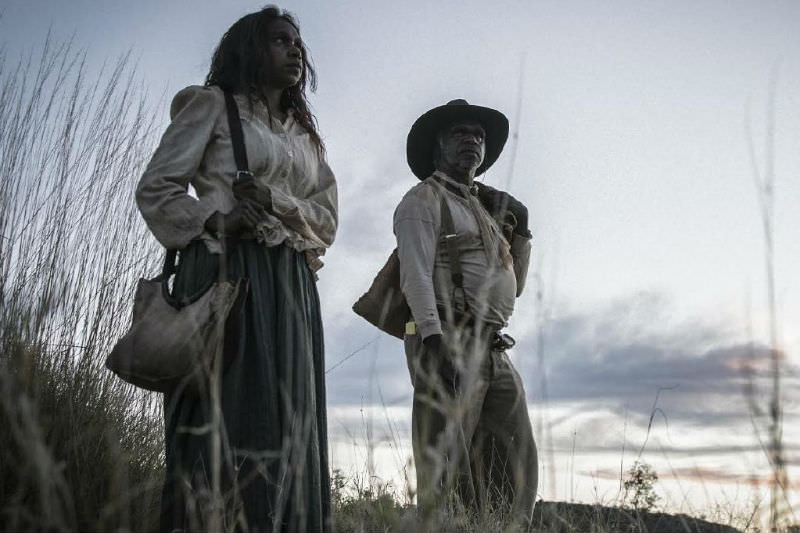
ARTS AND CULTURE
- Tim Kroenert
- 31 January 2018
6 Comments
Aboriginal filmmaker Warwick Thornton exercises his visual mastery to its fullest in order to elevate a straightforward story of outback brutality and racial prejudice to the proportions of myth.
READ MORE 
-
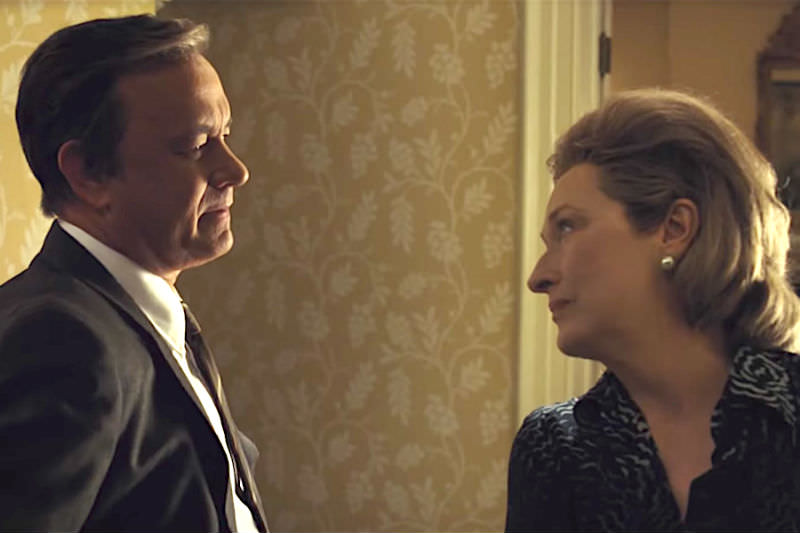
ARTS AND CULTURE
- Tim Kroenert
- 17 January 2018
1 Comment
As America endures one of the most authoritarian and chaotic presidencies in its history, Richard Nixon has, for obvious reasons, been a recurring touchstone for many commentators. Given the clear comparisons, it's no surprise Steven Spielberg pulled out all the stops to bring The Post to the public ASAP.
READ MORE 
-

ARTS AND CULTURE
- Tim Kroenert
- 29 November 2017
5 Comments
When misused power remains unchallenged, it is the most vulnerable who suffer most. The truism finds acerbic embodiment in the Slovak-Czech black comedy The Teacher, whose setting in 1983 communist-ruled Czechoslovakia provides a historical backdrop that doubles as an analogy for any socio-political context where power can be a means to personal ends.
READ MORE 
-
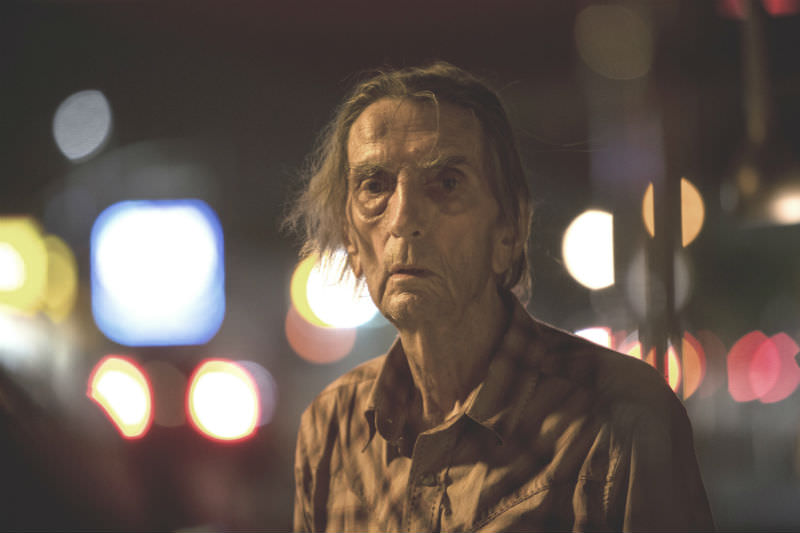
ARTS AND CULTURE
- Tim Kroenert
- 16 November 2017
2 Comments
Lately Lucky has death on his mind, and these and other various acquaintances serve as stars by which he navigates his close-held fears of impending oblivion.
READ MORE 
-
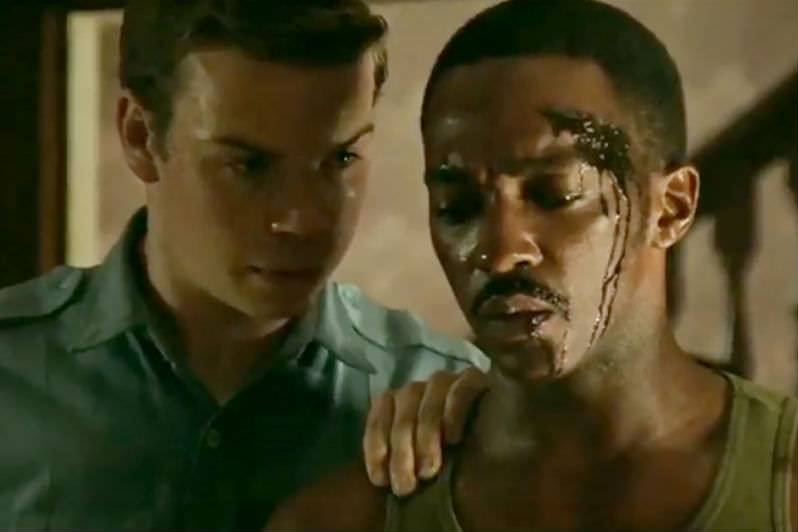
ARTS AND CULTURE
- Tim Kroenert
- 05 November 2017
1 Comment
Detroit weaves archival footage with recreations of the racially charged 12th Street Riot of 1967, a moment poised against the civil rights movement and the disenfranchisement of urban blacks, before homing in on the incident at the Algiers motel - a cross-section within a cross-section of that moment in history, where three black citizens were beaten and killed by police.
READ MORE 
-
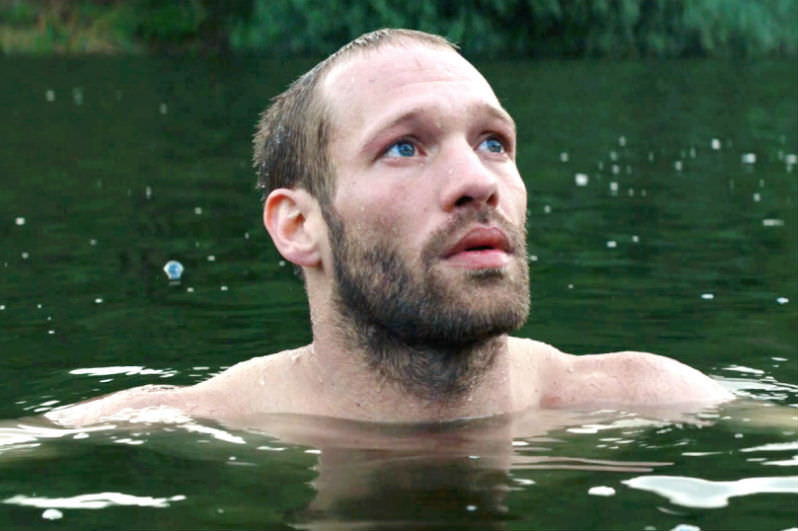
ARTS AND CULTURE
- Tim Kroenert
- 01 November 2017
1 Comment
Fernando is an avatar for the 13th century saint. He is seen encamped on the bank of a river in the Portuguese wilderness, clad in a brown hoodie that emulates the robes of the Franciscan order of which Anthony was a member. The act of bird-watching evokes St Francis of Assisi, the order's founder (and the present Pope's namesake). But things get rather more surreal from there.
READ MORE 
-
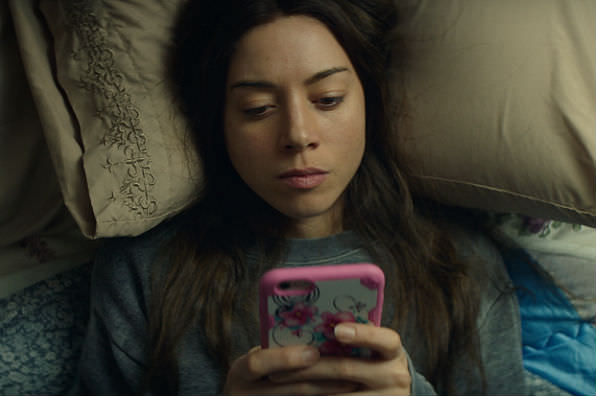
ARTS AND CULTURE
- Tim Kroenert
- 25 October 2017
1 Comment
On the face of it, it's a cautionary tale against relying on social media as a source of relationships and self-identity. That's a fairly retrograde take-home though, and the film is actually more than that; it's an exploration of loneliness and isolation that is universal despite a context that is very much of this moment.
READ MORE 
-
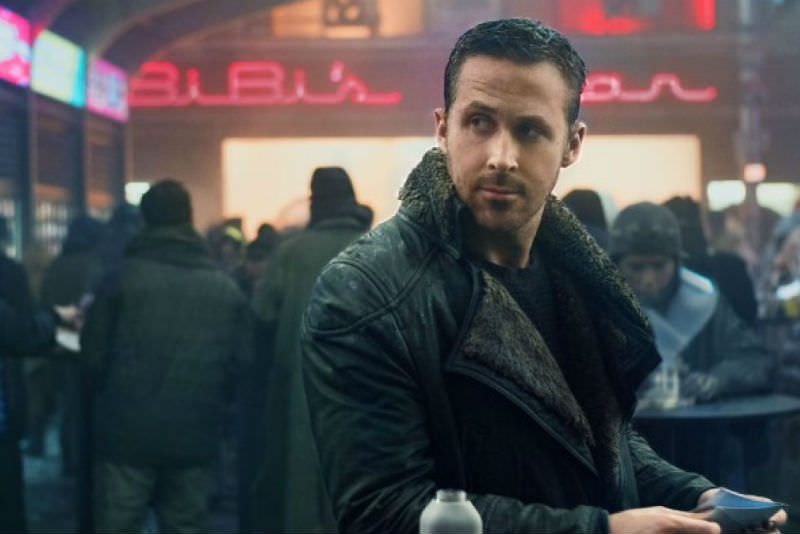
ARTS AND CULTURE
- Tim Kroenert
- 11 October 2017
3 Comments
So considerable are its strengths that Blade Runner 2049 is a future classic, to be discussed and dissected for decades. That it will become so while blithely reinforcing the primacy of the white male gaze in popular culture is to be regretted.
READ MORE 
-
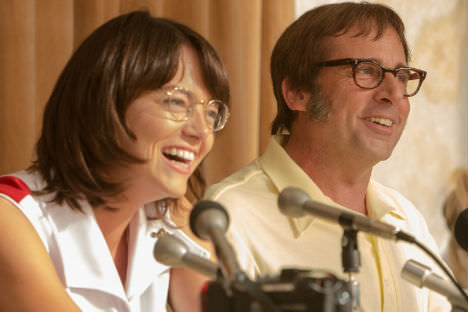
ARTS AND CULTURE
- Tim Kroenert
- 27 September 2017
2 Comments
The showdown between Bill Jean King and self-styled 'chauvinist pig' Bobby Riggs came at a time when King and other women tennis pros were protesting against unequal pay, and while King herself was coming to terms with her identity as a gay woman. A film about the match and its context should have plenty to say to present day socio-politics of sexuality and gender. But this one suffers from an identity crisis.
READ MORE 
-
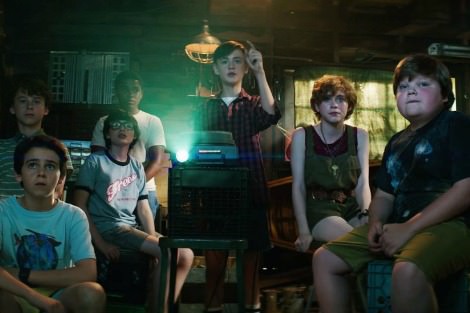
ARTS AND CULTURE
- Tim Kroenert
- 14 September 2017
1 Comment
When it comes to creative license, a necessity when adapting a novel of the scope of IT, every decision comes with costs and benefits. In an era where creators of popular entertainment are increasingly, and rightly, held to account over matters of representation, it is strange and disappointing that decisions would be made where the cost is to reduce a major, richly written character to a mere side note, and in so doing to diminish diversity, in a story that already sorely lacks it.
READ MORE 
-
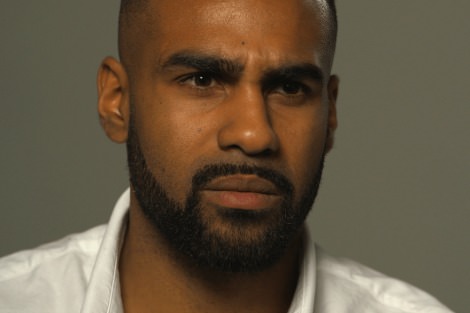
ARTS AND CULTURE
- Tim Kroenert
- 06 September 2017
10 Comments
Inspired by the exploits of Aboriginal AFL stars, the young Lumumba quickly recognised football as an arena in which a black man could flourish. This fact makes his treatment at the Collingwood Football Club years later all the more galling. The club so far has failed to Lumumba's comments in any meaningful way. He deserves better, and so do we.
READ MORE 
-

ARTS AND CULTURE
- Tim Kroenert
- 19 July 2017
This is a deliberate subversion of typical, destructive Western tropes by Coppola, in which it is the male character who is objectified by the female gaze. In this she probes how this particular man either thrives under or is stymied by such objectification. John is more than aware of the sexual and romantic stirrings he has aroused among his new companions. But in his assumption that his objectification is empowering, he has utterly underestimated the emotional and psychic complexities of those doing the objectifying.
READ MORE 